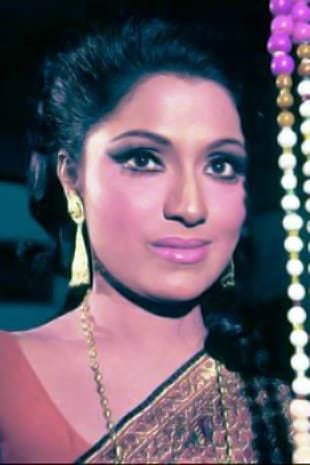
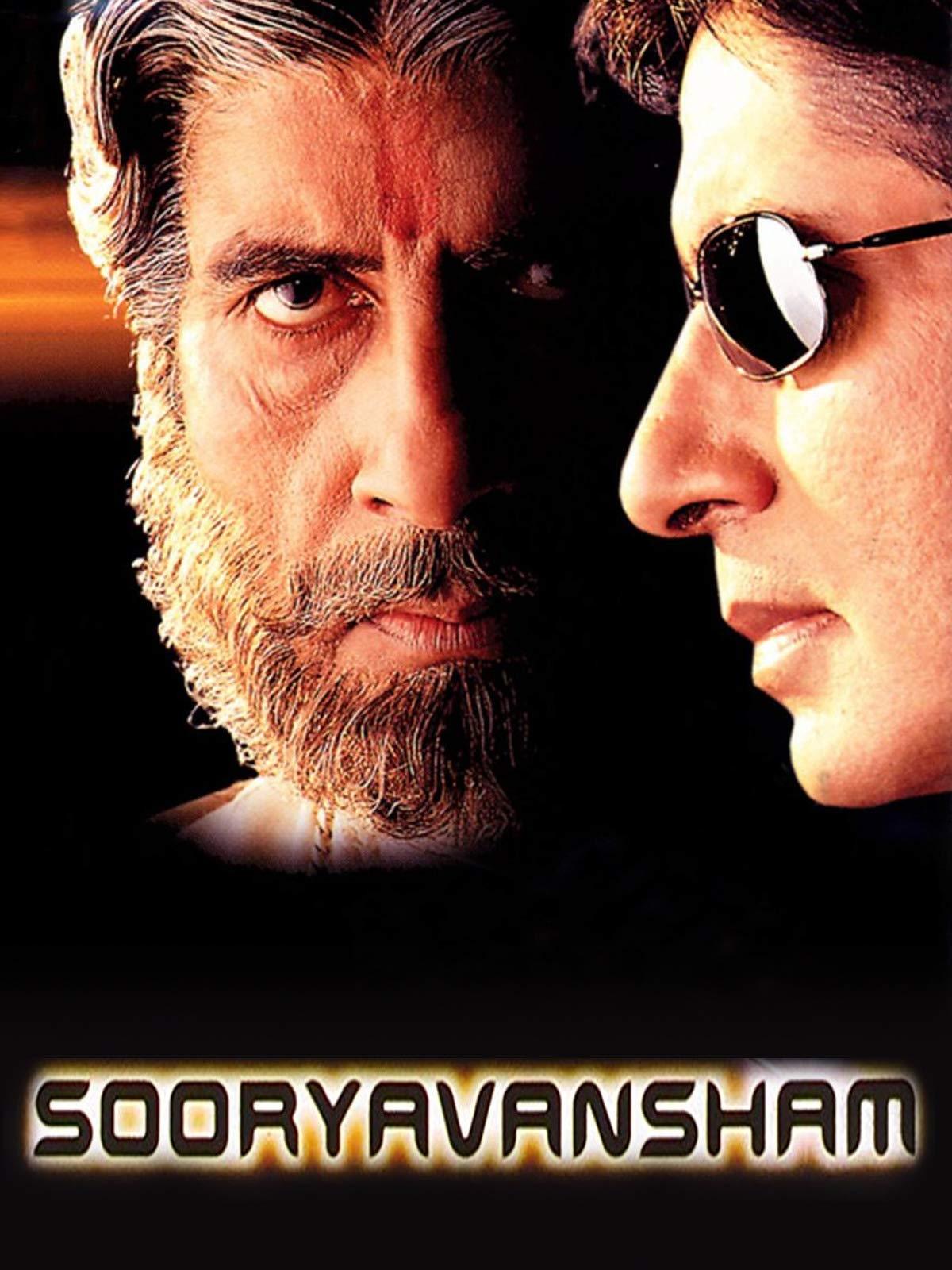
A zamindar and his family called "The Sooryavansh family" of Bharathpur village has a God like image among the villagers. This generation is headed by Thakur Bhanupratap Singh.
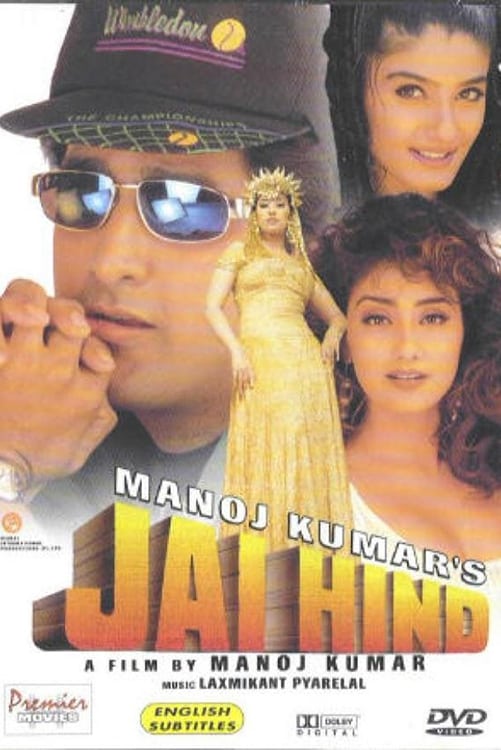
Two retired colonels are at odds with each other because one of them had been a traitor to the country. The grandson of the traitor and the grand daughter of the other colonel fall in love but have to surmount a number of obstacles
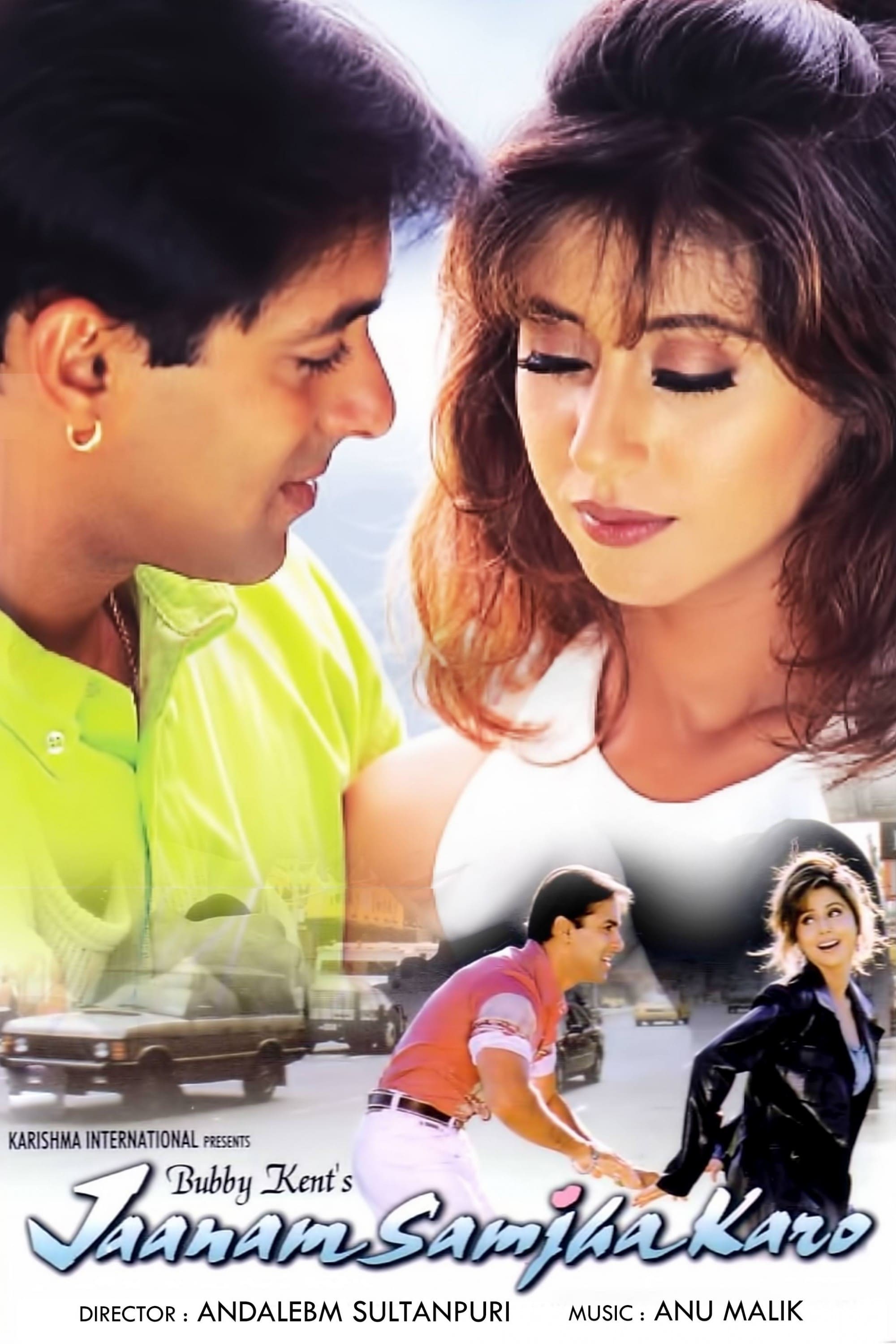
Love slowly develops between a spoiled young rich man and a nightclub dancer he tries to impress.
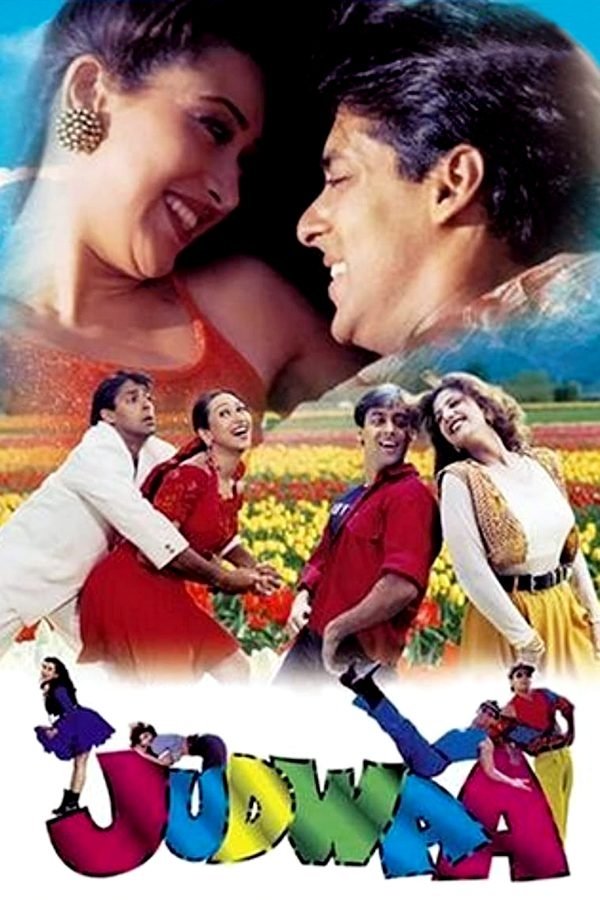
Twin brothers separated at birth, meet in adulthood and join forces to defeat their common enemy, a notorious criminal.
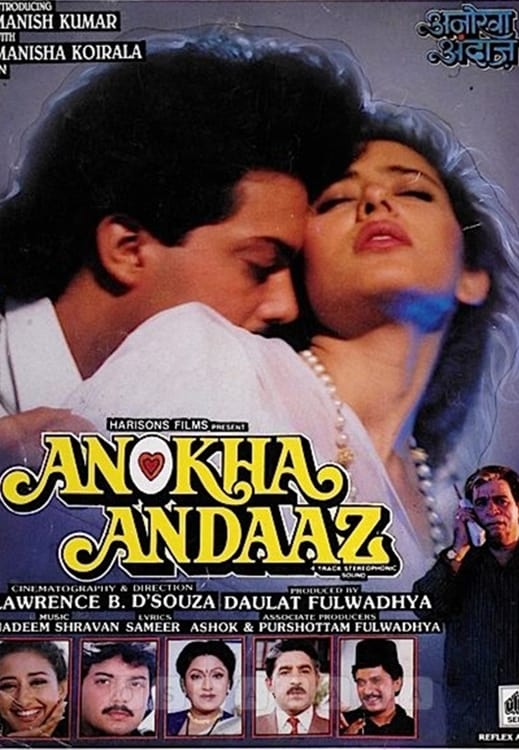
Manish and Reema are in love but Reema's mother is against their union. They take shelter at Charlie's house who gets murdered, which puts their lives at risk.
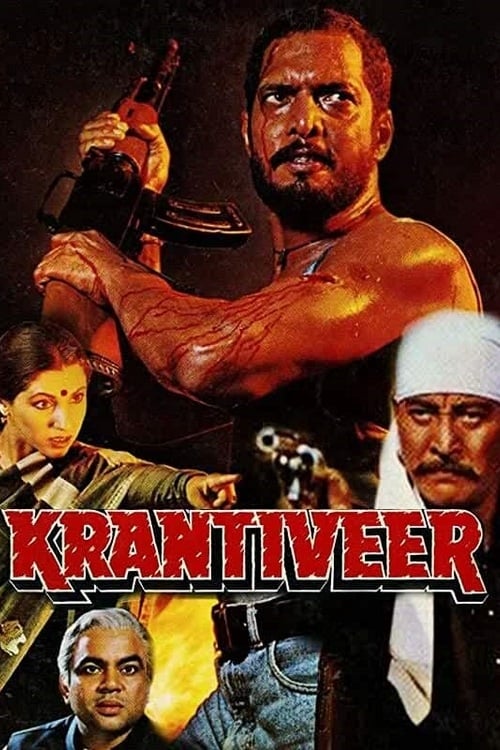
Lack-lustred and alcoholic Pratap Narayan Tilak is given a rude awakening when he meets with journalist Megha Dixit, and decides to instill some sense of justice and fair play within his community, and get them to assertively defend their rights and freedom. He is met with strong resistance, both from within his very own community, the police, and some very powerful and influential politicians. Unable to bear the injustice, and frustrated at his community to act proactively, Pratap decides to take the law into his own hands, resulting in chaos, violence, and uncertainty for everyone, and a path to his own grave.
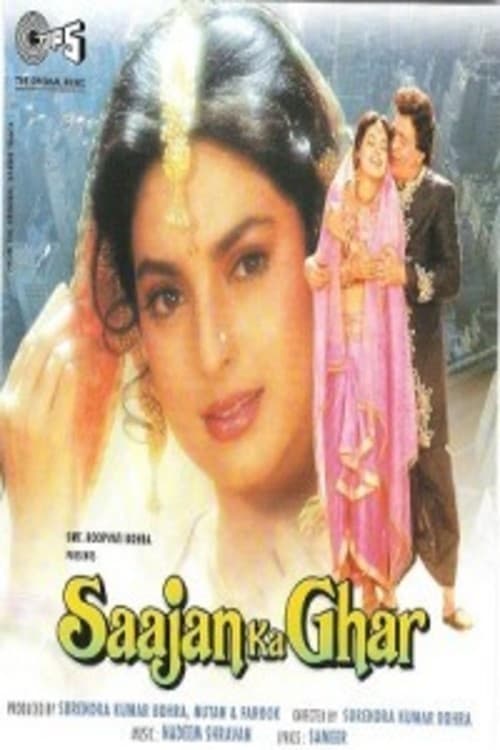
The Dhanrajs are blessed with a daughter. However, during childbirth, Dhanraj's wife dies and he blames his daughter for his wife's fate. He refuses to see her face and remarries. His daughter, Laxmi, grows up to be a beautiful woman who's ignored by her father and abused by her stepmother. The only person who stands by her is her half-brother. Laxmi soon gets married but fate seems to hold nothing new for her. She has a loving relationship with her husband, but her mother-in-law couldn't stand her and she too physically abuses her.
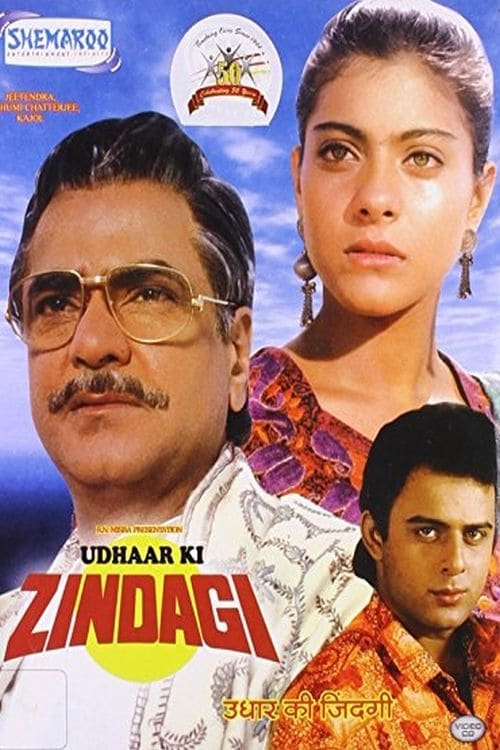
The film is a remake of the Telugu movie Seetharamaiah Gari Manavaralu (1991). This was Kajol's first author-backed role, which was critically acclaimed
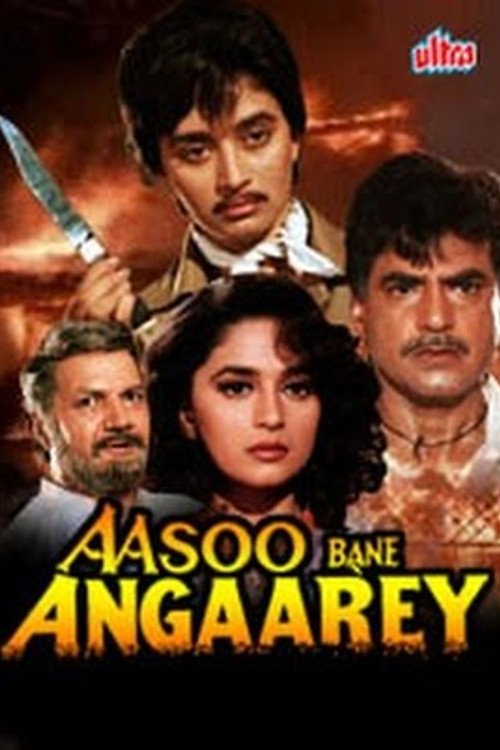
After the death of his first wife, Mr. Verma, who's the managing director of his firm remarries Durgadevi (Bindu), so that she can look after his son, Ravi Verma (Jeetendra). She actually seems to have a good relationship with both him and Ravi. Subsequently, Durga also gets pregnant and gives birth to a son Kiran Verma (Kiran Kumar). After a few years as Mr. Verma passes away, Durga decides to enter into politics with the help of Sewakram (Prem Chopra). Ravi takes over from his father as the managing director of his firm and instantly falls in love with a poor girl, Usha (Madhuri Dixit) after seeing a dance performance of hers.
Bindu had early successes with Ittefaq and Do Raaste in 1969. From here she went on to write her success story with Shakti Samanta's Kati Patang (1970), where she had a sizzling cabaret dance, "Mera Naam Shabnam" to her credit; a number which is even today remembered as one of the highlights of the film. Bindu's mesmerising performances in 1974 as a seductress in Imtihan, and as a nymphomaniac in Hawas, left audiences asking for more. With a string of hits behind her, she successfully managed to break out of the myth that married actresses usually do not go to become sex symbols, especially in the Hindi film industry. She is the third point in the 'holy trinity' of item number queens. Along with Helen and Aruna Irani, Bindu defined the Bollywood 'cabaret' dance number and the role of the 'Vamp'. Her acting ability was seen in films like Hrishikesh Mukherjee's films Arjun Pandit and Abhimaan, where she won raves for playing a very sympathetic character. She proved to be just as convincing as the crippled woman in Chaitali and as the deglamorised role of wife to Ashok Kumar, in Arjun Pandit. She played the villain's moll in Zanjeer and became famous as Mona Darling. An impending pregnancy, followed by a miscarriage, brought about a lull in her career and on the advice of her doctors she had to end her stint as the glamorous 'vamp' – dancing and all. However, she did not stay away for long and returned to the silver screen with character roles – Hero, Biwi Ho To Aisi and Kishen Kanhaiya and with many other such movies she managed to re-establish herself as the unmerciful and cruel mother-in-law, or the cynical aunt. In the later stages of her career, she made fewer on-screen appearances, like the ones in Shola Aur Shabnam, which highlighted her comic side, and followed with other light and funny performances in Hum Aapke Hain Koun..!, Main Hoon Na, and Om Shanti Om.
By browsing this website, you accept our cookies policy.